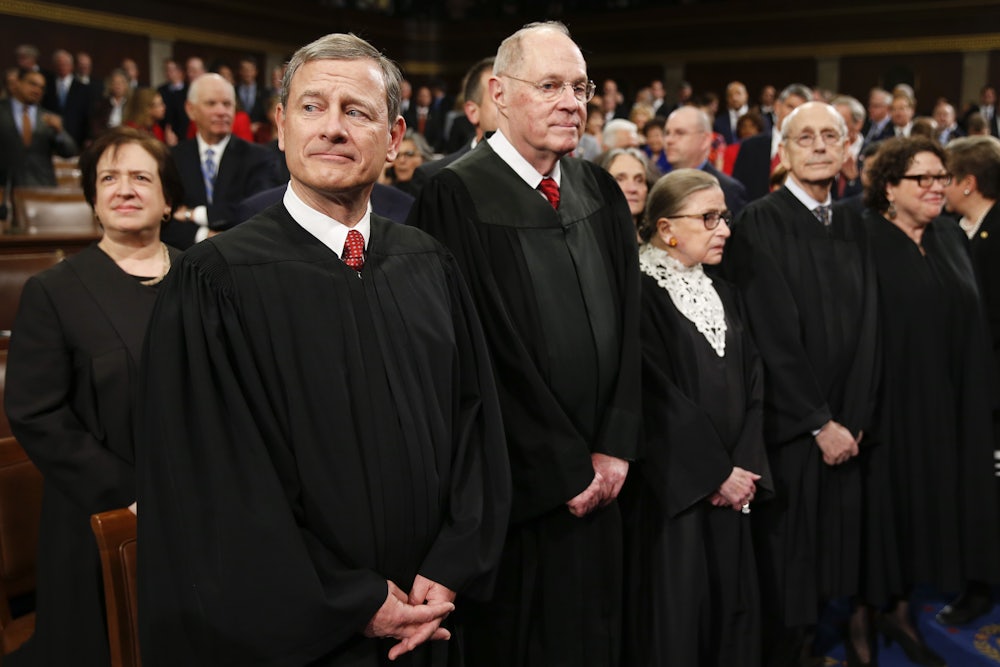Zubik v. Burwell was supposed to be a landmark case about access to contraception. Religious non-profits objected to an Obamacare workaround that required them to fill out a form so that insurers could provide contraception to the non-profits’ employees without their direct involvement. The act of filling out the form, they claimed, made them complicit in what they believed was sin, while critics claimed nuns were trying to control the actions of third parties, which is not excused by religious liberty.
But today the Supreme Court ruled unanimously to not rule on the merits of either side’s argument. The Court vacated the decisions of the lower appeals courts and instructed everyone to find a new way to accommodate both religious liberty and the right to “full and equal health coverage, including contraceptive coverage.” It’s a victory for no one, but a loss for no one either.
Without a tie-breaking ninth justice, court observers had suspected the court would be split 4-4 on the decision. That would have meant different regions of the country could have different legal requirements—precisely what the Supreme Court is supposed to help the country avoid. The court’s decision averts that, and until Merrick Garland, or someone else, is confirmed, it’s likely the court will punt more cases to avoid setting awkward precedents. If an upcoming decision on abortion results in a tie, for example, Texas will be left with only 10 abortion clinics in the entire state.
